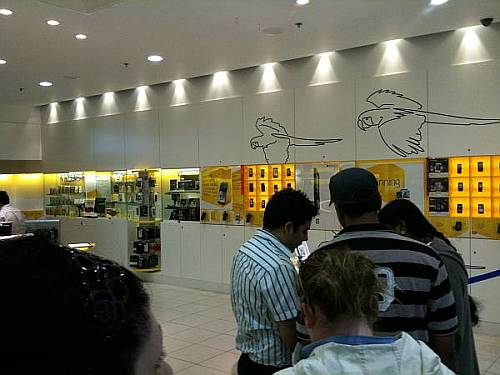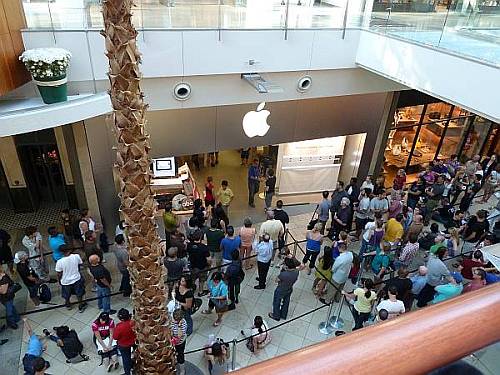Indians are again the only people who “revert back” when they intend to “reply”. Why, oh why?
To revert means to return to its previous state. Try as I might, I cannot revert back to being a baby, or a 21-year-old. 😀
Correct: I will reply to you next week.
Incorrect: I will revert next week.
Is absconding
Only in India are criminals still absconding; everywhere else, they have absconded or are at large. Confused?
Google this phrase “is absconding” (in quotes). The writers are nearly always from India or in India. Here is a recent article that is guilty of using this phrase.
http://www.moneylife.in/article/stockguruindia-allegedly-dupes-2-lakh-investors-of-over-rs1000-crore/15461.html
The sentence is, “According to these investors, the company’s managing director is absconding.”
They should have written, “According to these investors, the company’s managing director has absconded.”
Or, “According to these investors, the company’s managing director is in hiding.”
Upgrading an iPhone 3GS to iPhone 5
I have had an Apple iPhone 3GS for nearly three years and its chief annoyance to me was the camera. Any excuse to upgrade to the iPhone 5. I missed the earliest order date so I was happy to wait the estimated two weeks. As luck would have it, Optus sent me an SMS to say I could collect it on the launch date of 21 September 2012.
I got to the store around 5 pm and there were about four people ahead of me, including people who hadn’t pre-ordered. So, at least in this store there wasn’t a shortage of some models. By contrast, the Millenia Mall in Orlando had hundreds of people waiting to buy their iPhone 4 on its launch date. We just happened to be watching the spectacle, content with our 3GS.

